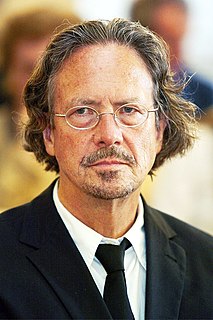A Quote by J. Christopher Herold
Napoleon, who had an aversion to the moral laxity of the eighteenth century, which he blamed on the domination of society by women, was determined to reform family life on Roman, or perhaps rather on Corsican, principles. It was with him, not with Queen Victoria, that Victorian morality originated.
Related Quotes
When we come to the moral principles on which the government is to be administered, we come to what is proper for all conditions of society. Liberty, truth, probity, honor, are declared to be the four cardinal principles of society. I believe that morality, compassion, generosity, are innate elements of the human constitution; that there exists a right independent of force.
Nothing, indeed, could be more unlike the tone of the [Patristic] Fathers, than the cold, passionless, and prudential theology of the eighteenth century; a theology which regarded Christianity as an admirable auxiliary to the police force, and a principle of decorum and of cohesion in society, but which carefully banished from it all enthusiasm, veiled or attenuated all its mysteries, and virtually reduced it to an authoritative system of moral philosophy.
A crucial turning point in that earlier history occurred when men and women of good will turned aside from the task of shoring up the Roman imperium and ceased to identify the continuation of civility and moral community with the maintenance of that imperium. What they set themselves out to achieve instead - often not recognizing fully what they were doing - was the construction of new forms of community within which the moral life could be sustained so that both morality and civility might survive the coming age of barbarism and darkness.
I feel like we're between two great possibilities: we're either going to turn things around, and in this generation see the rising sun of a new moral dedication in America, or we're going to lose the struggle for that moral renewal, throw away the basic principles on which our life and civilization is based, and head toward a new century that will make the 20th century look like a dress rehearsal for evil.
Their usual mistaken premise is that they affirm some consensus among people, at least among tame peoples, concerning certain moral principles, and then conclude that these principles must be unconditionally binding also for you and me-or conversely, they see that among different peoples moral valuations are necessarily different and infer from this that no morality is binding-both of which are equally childish.
Lying on the floor, with the carved panels of the ceiling flickering dimly above, I found myself thinking that I had always heretofore assumed that the tendency of eighteenth-century ladies to swoon was due to tight stays; now I rather thought it might be due to the idiocy of eighteenth-century men.




































